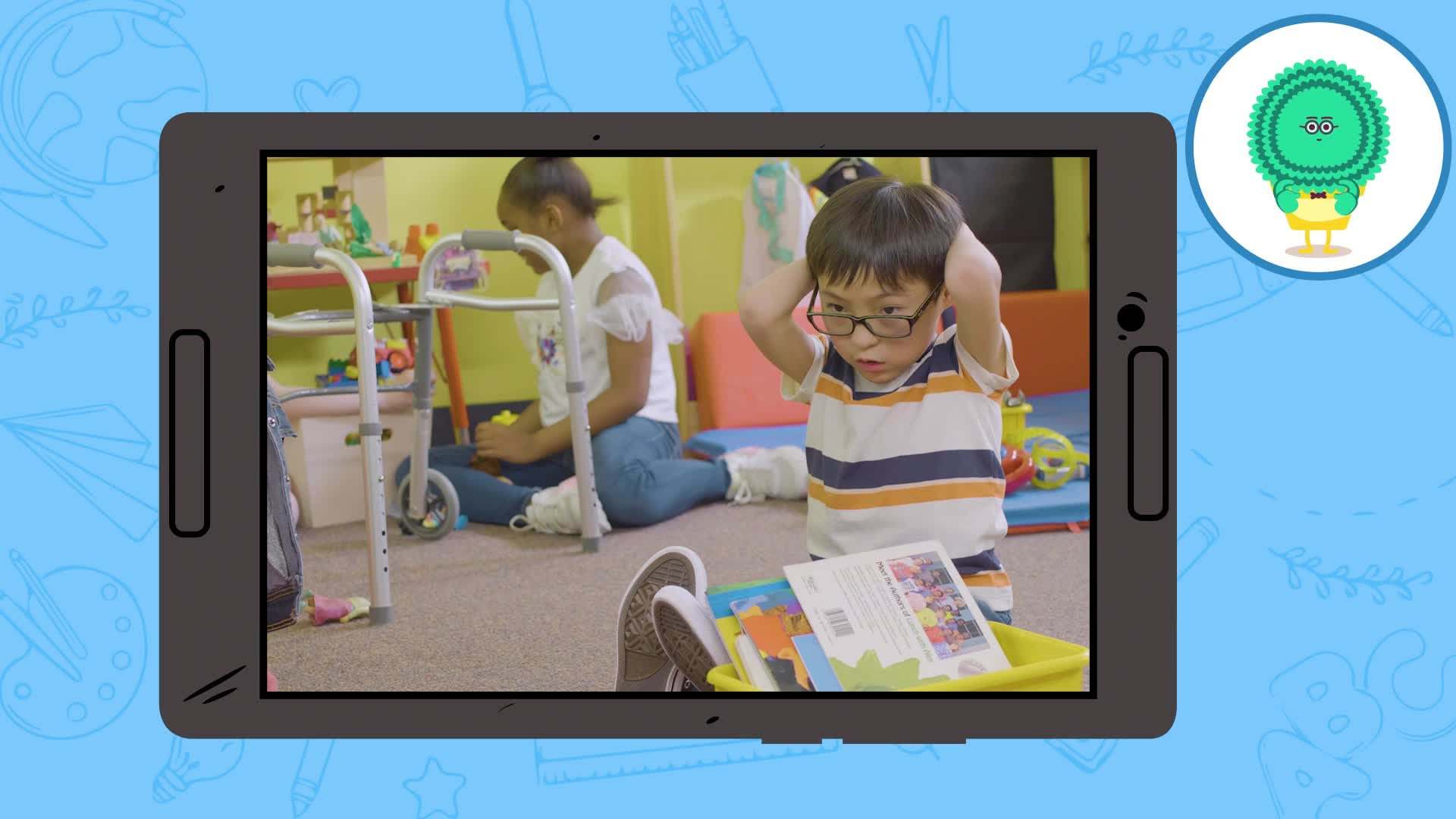
As educators, it’s essential to equip students with the skills they need to navigate their emotions effectively, particularly when they feel disappointed. In this blog post, we will discuss an easy-to-implement activity and provide discussion questions to help students better understand and cope with disappointment.
Introduction
Disappointment is a natural and inevitable part of life, especially for students in special education who may face unique challenges. By understanding how to refocus their minds when feeling disappointed, students can develop resilience and adapt to challenges more effectively. Social-Emotional Learning (SEL) principles provide a framework for teaching students how to manage their emotions and develop healthy coping strategies.
No-Prep Activity: The Disappointment Balloon
This activity requires no preparation or materials and can be easily implemented in the classroom. It helps students visualize their feelings of disappointment and learn how to let go of them.
- Ask students to close their eyes and imagine they are holding a balloon.
- Explain that this balloon represents their disappointment. They can visualize the balloon’s size, color, and shape based on how they feel.
- Encourage students to take a deep breath and, as they exhale, imagine their disappointment filling the balloon.
- Ask students to imagine releasing the balloon into the sky, watching it float away, and feeling their disappointment diminish.
- Invite students to open their eyes and discuss how they feel after letting go of their disappointment.
Discussion Questions
- How did it feel to let go of your disappointment balloon? Did your feelings change after the activity?
- What are some other strategies you can use to cope with disappointment?
- How can you help a friend who is feeling disappointed? What would you say or do to support them?
- Can you think of a time when you felt disappointed, and how you managed to overcome that feeling?
- Why is it important to learn how to cope with disappointment in a healthy way?
Related Skills
Helping students cope with disappointment also involves teaching them other essential skills, such as:
- Effective communication: Encouraging students to express their feelings and thoughts openly can help them process their emotions.
- Empathy: Learning to understand and share the feelings of others can help students support their peers.
- Problem-solving: Teaching students to find solutions to challenges can help them feel more in control and less disappointed.
- Resilience: Developing resilience enables students to bounce back from disappointments and adapt to change more effectively.
Next Steps
If you’re interested in exploring more activities and strategies to help students cope with disappointment and other emotions, we encourage you to sign up for free sample materials at Everyday Speech. By incorporating these resources into your teaching, you can support your students’ emotional well-being and help them develop the skills they need to navigate life’s challenges with confidence.

